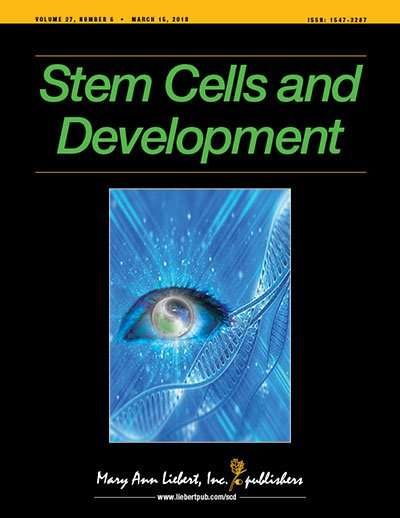Credit: Mary Ann Liebert, Inc., publishers
A new study of the effects of spaceflight on the development of heart cells identified changes in calcium signaling that could be used to develop stem cell-based therapies for cardiac repair. The impact of simulated microgravity and environmental factors on the International Space Station on cardiovascular progenitor cell development and signaling is reported in an upcoming special issue of Stem Cells and Development.
The article "Spaceflight Activates Protein Kinase C Alpha Signaling and Modifies the Developmental Stage of Human Neonatal Cardiovascular Progenitor Cells" is coauthored by Johnathan Baio, Aida Martinez, Leonard Bailey, Nahidh Hasaniya, Michael Pecaut, and Mary Kearns-Jonker from Loma Linda University, CA. The researchers modeled the molecular changes seen at microgravity under normal gravity conditions and discussed the implications of these adaptive cellular responses for enhancing the potential of cardiovascular progenitor cells in regenerative medicine.
"This paper provides an important proof of concept for combining space- and ground-based experimental design and informs cardiac therapeutic development both for spaceflight and here on Earth," says Editor-in-Chief Graham C. Parker, PhD, The Carman and Ann Adams Department of Pediatrics, Wayne State University School of Medicine, Detroit, MI.
More information: Jonathan Baio et al. Spaceflight Activates Protein Kinase C Alpha Signaling and Modifies the Developmental Stage of Human Neonatal Cardiovascular Progenitor Cells, Stem Cells and Development (2018). DOI: 10.1089/scd.2017.0263
Journal information: Stem Cells and Development
Provided by Mary Ann Liebert, Inc























